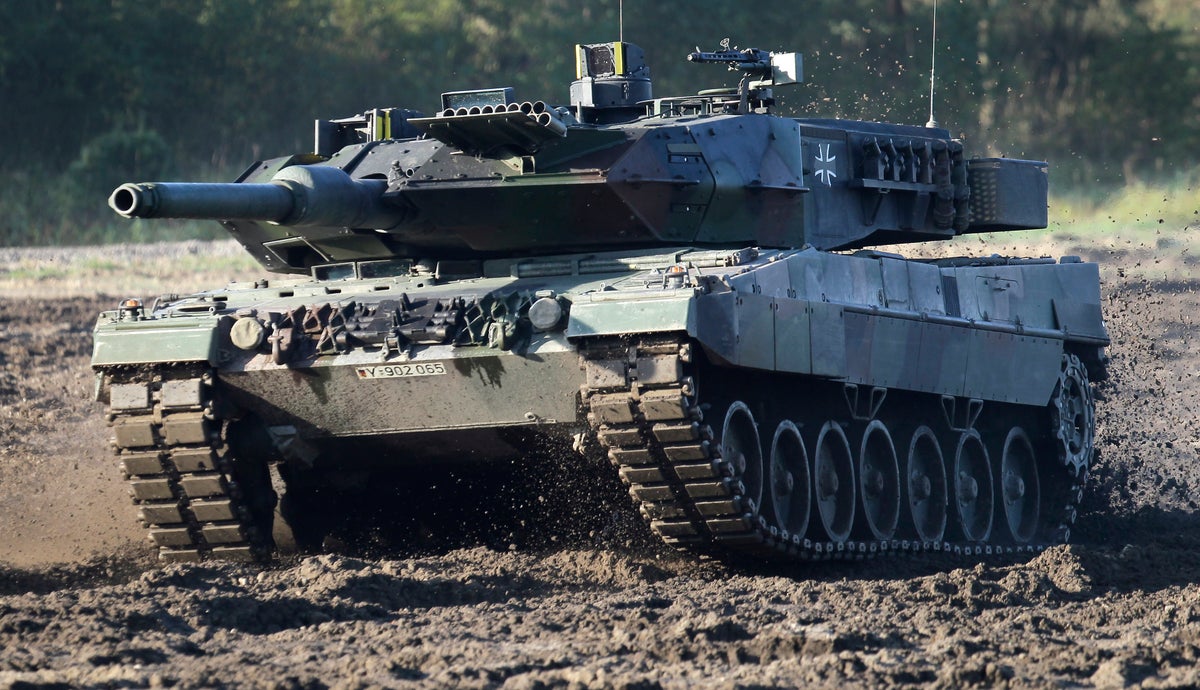
Germany will continue to “weigh every step carefully” and consult with its allies on further weapons deliveries to Ukraine, Chancellor Olaf Scholz said Friday as he faces mounting pressure to approve German-made battle tanks for Kyiv.
Germany has given Ukraine substantial military aid since Russia invaded, including howitzers, Gepard self-propelled anti-aircraft guns and the first of four IRIS-T surface-to-air missile systems. Last week, it announced that it would send 40 Marder armored personnel carriers — a step that came alongside similar moves by the U.S. and France — and as well as a Patriot air defense missile battery.
But critics, some inside Germany's governing coalition, have long complained of Scholz's perceived hesitancy to take the next step when it comes to weapons deliveries. Scholz has been wary of such pressure, insisting that Germany wouldn’t go it alone with such deliveries and pointing to a need to ensure that NATO doesn't become a party to the war with Russia.
The decision on the Marder APCs cheered domestic advocates of supplying heavier Leopard 2 battle tanks, who have vowed to keep pressing the point. There is also pressure from abroad: Poland's president said Wednesday that his country wants to send a company of Leopard tanks — 14 vehicles — to Ukraine, but the move would be possible only as an element in a larger international coalition of tank aid.
Warsaw also would need Germany's permission to send the German-made vehicles. On Thursday, German Vice Chancellor Robert Habeck, who isn't a member of Scholz's party, said their country “should not stand in the way if other countries make decisions to support Ukraine, independently of what decision Germany makes.”
Asked Friday whether Germany was now prepared to supply Leopard 2 tanks to Ukraine, Scholz didn't specifically address those particular vehicles. He responded with a lengthy list of material Germany has delivered in coordination with allies, and said Berlin would keep its “leading position” as one of Kyiv's top supporters.
But he signaled he had no intention of being rushed on “such serious things that have to do with peace and war, with the security of our country and of Europe."
“It always remains the case that we act in close consultation and weigh every step carefully,” Scholz said. He insisted that a majority in Germany supports his government's “calm, well-considered and careful” decision-making.







